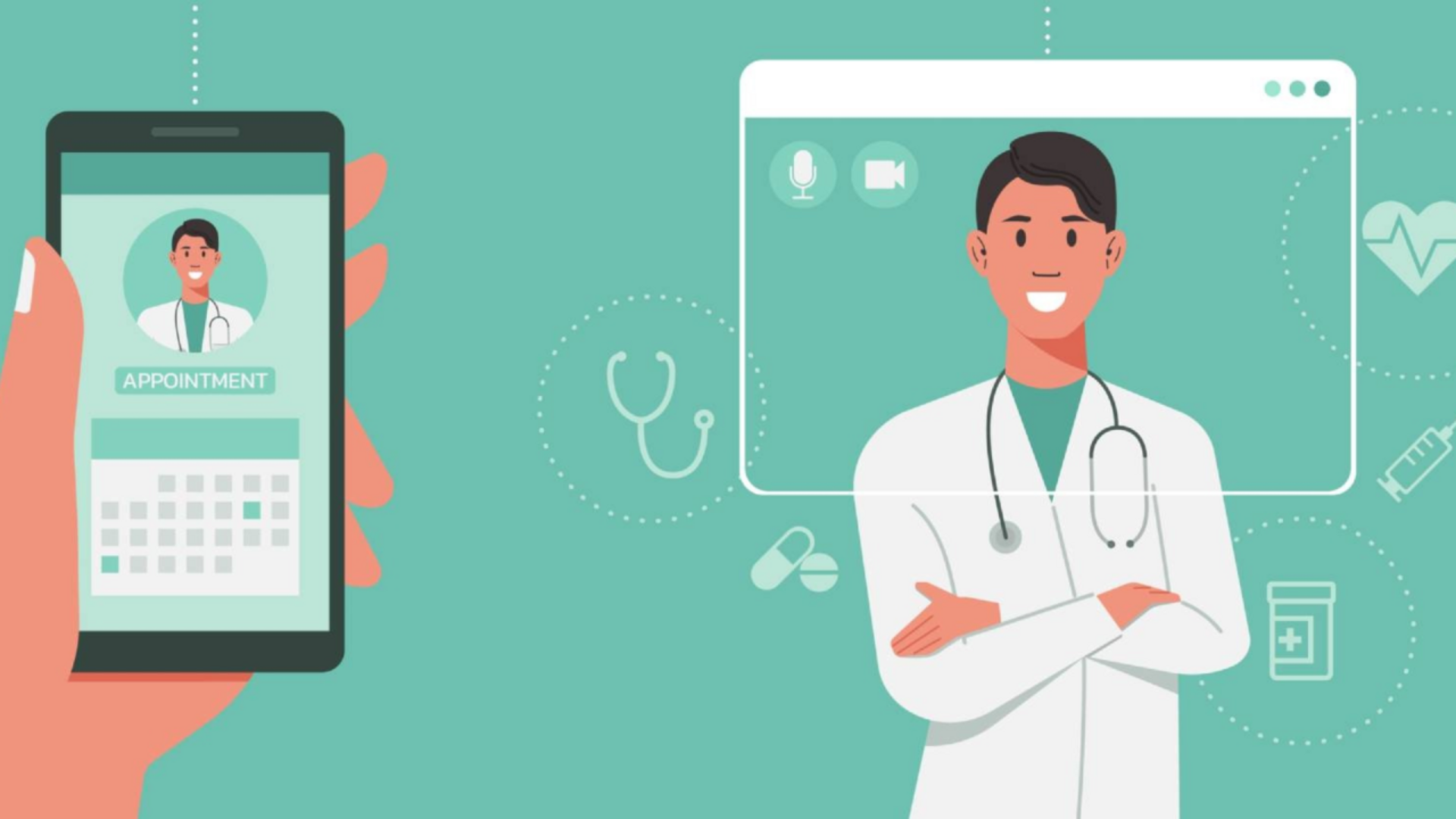Traditional medical treatments have been designed as a “one-size-fits-all” approach. But while these treatments can be effective for some patients, they may not be for others. Precision medicine considers individual differences in genes, environments, and lifestyles. In this way, doctors can select treatments that are most likely to help patients based on a more complete picture and understanding of their disease or ailment.
Curious about Precision medicine? You’re in the right place. Let’s explore these groundbreaking fields together.
What Is Precision Medicine?
Precision medicine, also known as personalized medicine, is “an emerging approach for disease treatment and prevention that takes into account individual variability in genes, environment, and lifestyle for each person.”
By tailoring medical treatment to the individual characteristics of each patient. Precision medicine allows for the classification of individuals into subpopulations that differ in their susceptibility to a particular disease or their response to a specific treatment. As a result, preventative or therapeutic interventions can then be concentrated on those who will benefit, sparing expense and side effects for those who will not.
The power of precision medicine lies in its ability to guide healthcare decisions toward the most effective treatment for a given patient, and thus, improve care quality while reducing the need for unnecessary diagnostic testing and therapies.
Examples of Precision Medicine in Action:
-
Finding the proper dose of the proper drug
Genetic tests for guiding treatment decisions are becoming increasingly available across diverse areas of medical care. These tests get more effective drugs to patients earlier in their treatment, with fewer negative side effects, and some even reduce costs.
-
Genomics and Cancer
Precision medicine transforms cancer care by analyzing genetic mutations and tailoring treatments accordingly, by targeting specific genetic markers and utilizing immunotherapy. That facilitates diagnosis and the choice of the most effective treatments, as well as allowing the prognosis to be fine-tuned.
-
Growing replacement tissue
Stem cells drive regenerative medicine, offering patients personalized tissue repair without rejection risk or waiting for donors.
-
Molecular profiling of microbes
Doctors can use precision medicine tools to rapidly identify a disease-causing bacterium, fungus, or virus, enabling them to administer life-saving medications within hours. Molecular tests can also identify microbial drug-resistance genes, steering doctors toward treatments that will be effective.
-
Personalized diets
Just like individuals vary in their medication responses, people also respond differently to the same foods. For some diabetic patients, rice may cause a dramatic rise in blood sugar levels; for others, it may be tomatoes. So, designing personalized diets shows promise for helping the millions of people who are living with type 2 diabetes or prediabetes.
Challenges
Implementing personalized and precision medicine faces several challenges:
- Data integration and privacy
- Cost and accessibility
- Ethical and legal concerns
- Limited evidence
- Implementation hurdles
Conclusion
Precision medicine stands as a beacon of hope in healthcare, offering tailored treatments based on individual patient characteristics. However, its implementation is not without hurdles. Challenges such as data privacy concerns, limited access to advanced technologies, and disparities in healthcare access pose significant obstacles. Yet, despite these challenges, the promise of precision medicine to revolutionize healthcare delivery and improve patient outcomes remains steadfast. Overcoming these obstacles is crucial to unlock the full potential of precision medicine and ensure a healthier future for all.
Written by: Lama Hasan | Read more: Stages of drug development









